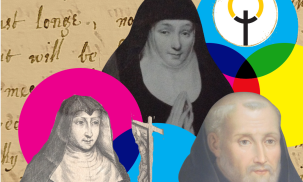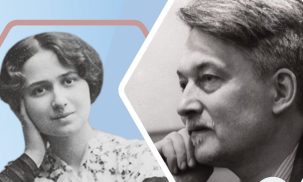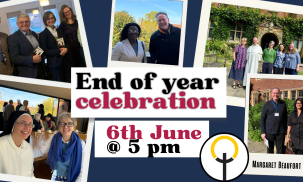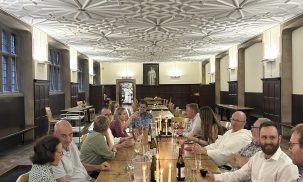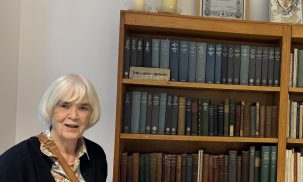An Alphabet for Beginners
Early bird Discount If you purchase your ticket before the 1st October there is a discount applied of £20. After the 1st October the full price is £150. Overview: Fr...
Thomism, Creativity and the Arts: Jacques and Raïssa Maritain
Building on last year’s landmark conference on the lives and legacy of Jacques and Raïssa Maritain, this exciting collaborative day symposium draws together philosophers, theologians, musicians, poets, liturgists and other...
End of Year Celebration
You are warmly invited to attend the Margaret Beaufort Institute’s end of year celebration on Friday 6th June 2025, starting at 5 pm with Mass at St Edmund’s College Chapel...
Children’s Spirituality
The purpose of this course is to help participants develop an understanding of Children’s Spirituality and consider what supports and what hinders Children’s Spirituality in the complex, plural society which...
Thomism, Creativity and the Arts: Jacques and Raïssa Maritain
A recent Oxford conference brought fresh insight to this enduring question by exploring the life and legacy of Jacques and Raïssa Maritain.
Empowering Women’s Leadership and Vocation
Fostering Ethical Leadership
Theological Measures: A New Resource Rooted in MBI
Dr Elżbieta mentions that the first fruit of this collaborative work is the emerging scale of God’s Where-Being.
Janet Lash – In memoriam
Janet’s absence will be deeply felt. But, her legacy will live on, and we will continue to be inspired by her positive spirit.

